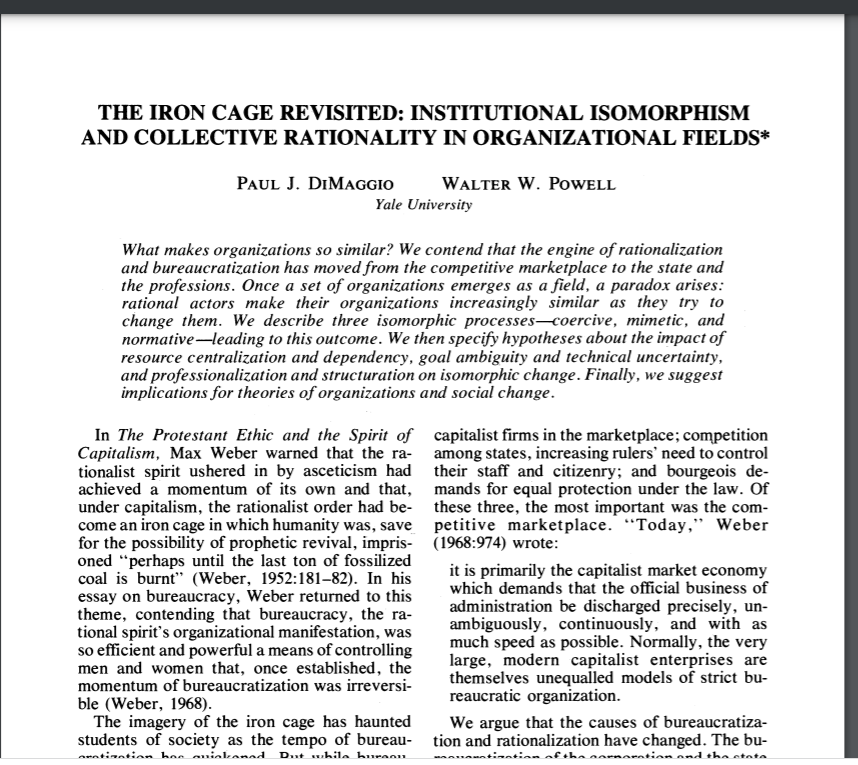
Fascinating how powerful is the myth that the planetary week emerged independently & roughly contemporaneously with the Jewish week.
Earliest archaeological evidence for J week is 5th c BCE (Elephantine).when it v likely was well established
Earliest p week is late 1st c CE+
Earliest archaeological evidence for J week is 5th c BCE (Elephantine).when it v likely was well established
Earliest p week is late 1st c CE+

in Mediterranean communities with significant J presence.
Excerpt is from @jpinsk intro to interview with David Henkin (buy his great book!)
apple.news/AyCitF_-JSw2_B…
Excerpt is from @jpinsk intro to interview with David Henkin (buy his great book!)
apple.news/AyCitF_-JSw2_B…
This paragraph from Lepore’s take on Henkin in @NewYorker is also shockingly at variance with the historical record, as+ 

summarized by the most up-to-date review by leading historians of the matter unfortunately not open access (email me…): but that’s hardly an excuse for a great historian or an @TheAtlantic journalist:
brill.com/view/book/edco…
brill.com/view/book/edco…
P.S. I’m writing a book on the invention of the week. If you think you know research on origins of the week that I might not be aware of, I’m all ears
• • •
Missing some Tweet in this thread? You can try to
force a refresh





















